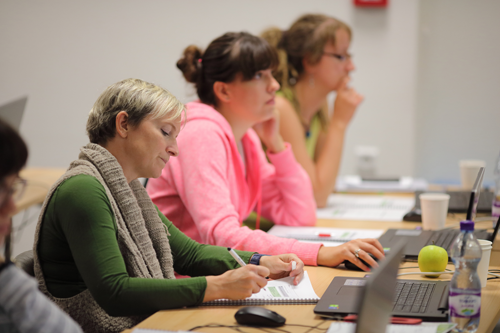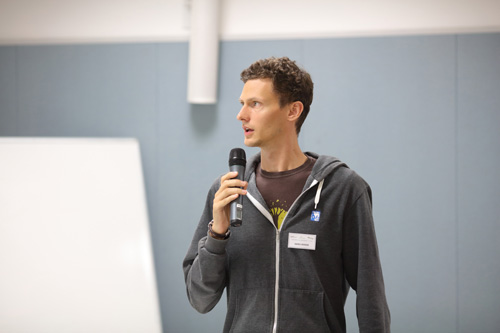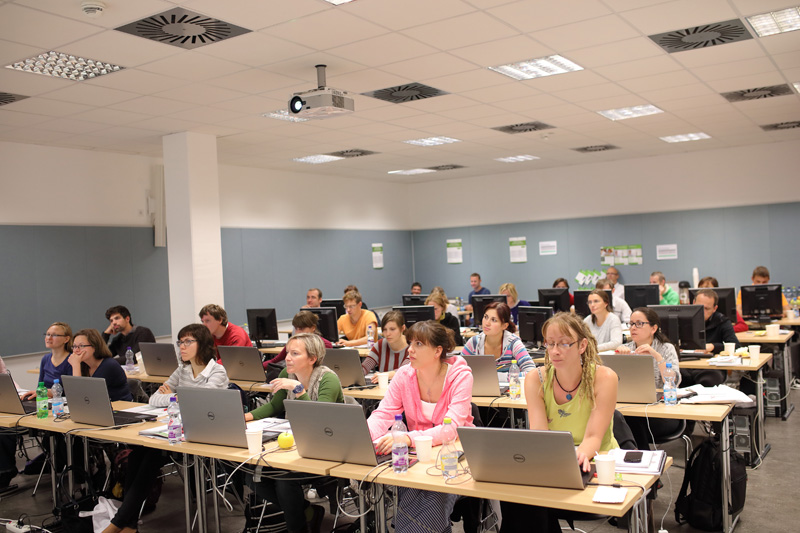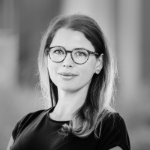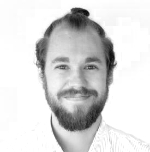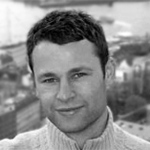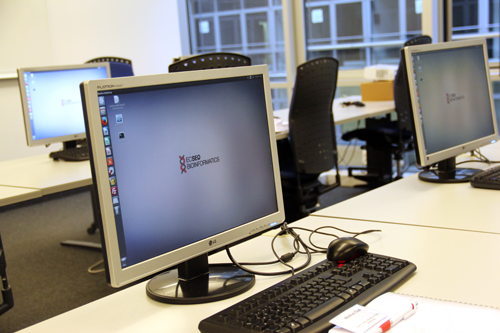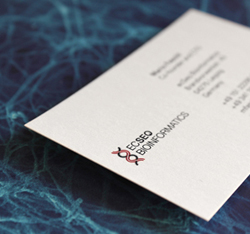Single-Cell RNA-Seq Data Analysis: A Practical Introduction
From Data Processing to Multi-Sample Integration
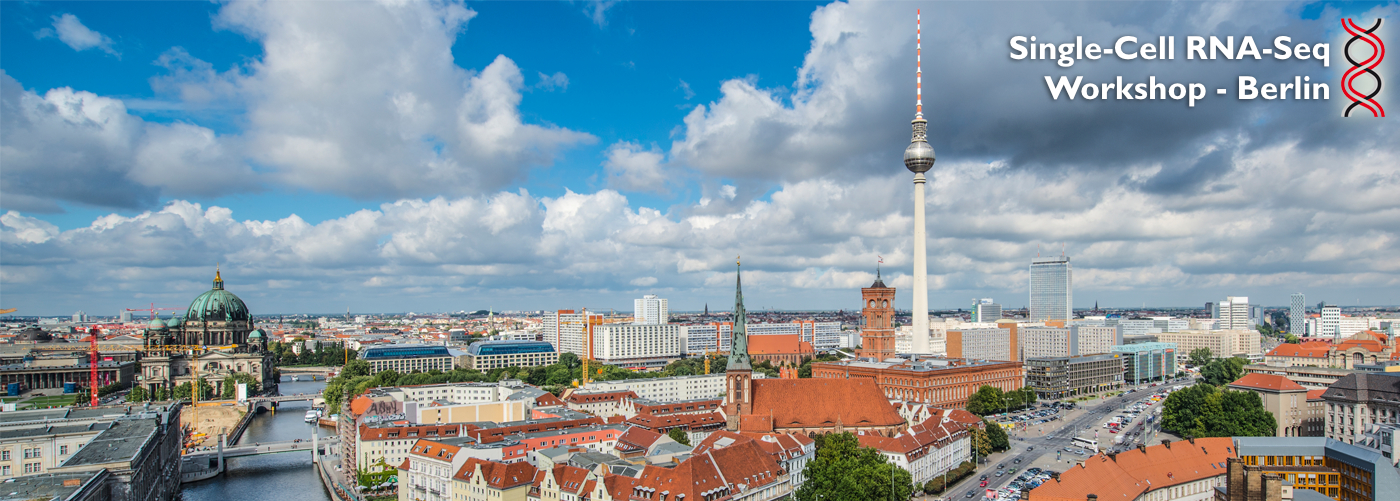
Master the tools and techniques to confidently analyze single-cell RNA-seq data and gain new insights into complex biological systems
In a nutshell
- Explore sequencing technologies for single-cell analysis
- Process QC and analyze single-cell RNA-seq data
- Learn how to identify and annotate cell clusters
- Discover how to integrate and analyze multi-sample data
When?
November 8-10, 2023
9 am - 5 pm
Where?
Berlin, Germany
